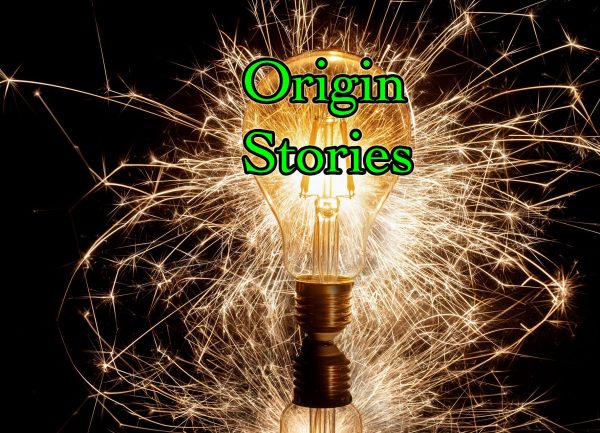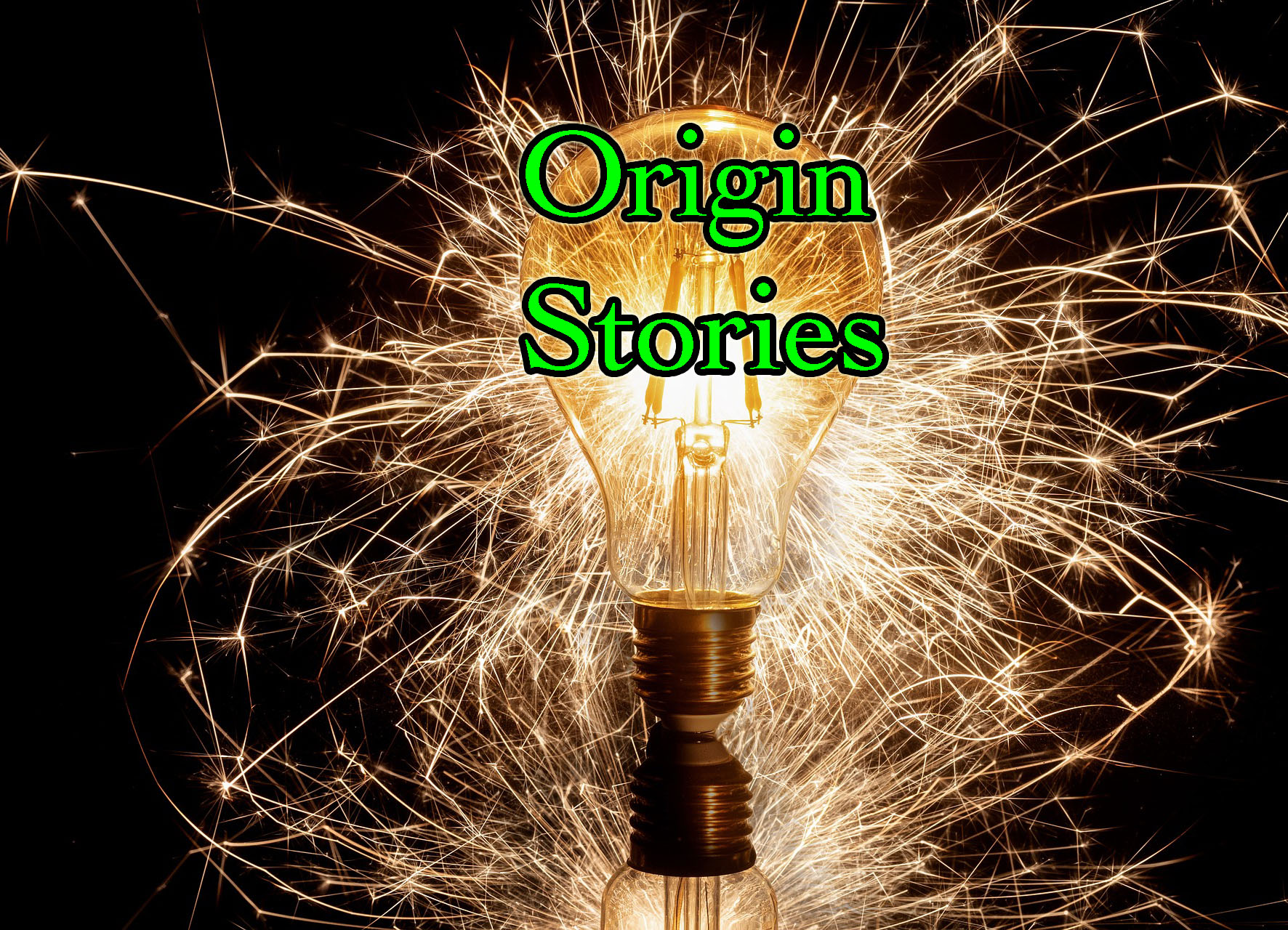Borders
by Mary Makofske
Drawn in ink or blood,
they unspool from history
to split mountains and valleys,
meander in rivers that twist
and turn, dragging their banks
to new configurations, adding to,
subtracting from, this dominion
or that. Invisible, except
when a fence or wall defines
them, ramparts that open
only through drawbridge or gate
guarded by sirens and guns.
Those you can step across
are silent. The same weeds grow
on either side. Perhaps a sign
announces some new territory,
but the soil does not change
its allegiance: clay or silt,
loam or dust. The name
of the tree that straddles
a border may change from one
language to another, but its roots
are anchored in the same earth
and draw up water that travels
without passport or visa.
Still, coastal nations cast their nets
three miles into the ocean’s
tides and storms, and even the sky
is bound with invisible borders
dividing yours from mine.
Origin Stories – Borders
I wrote “Borders” because I was keenly aware of the controversies surrounding immigration at our southern border. For many years I had been horrified at the harrowing stories of immigrants trying to cross the desert and navigate the challenges once they arrived in our country. I began mulling over what borders represent, how they shift over time, how they can be invisible, or seem completely arbitrary. I thought of William Stafford’s poem “At the Un-National Monument Along the Canadian Border,” “where the battle did not happen, / where the unknown soldier did not die.” Images and metaphors began to arise around the idea of borders. Though I did some revisions, much of this poem arrived as a gift. I think of the poem as a kind of meditation on the way these lines divide us, and a grieving over those divisions. And of course, Frost spoke up, too: “Something there is that doesn’t love a wall.”
“Borders” was originally published in Bryant Literary Review.
Gyroscope Review Spring 2023 Issue Available now!
Previous Origin Stories
April 1 – Wanda Praisner
April 2 – Howard Lieberman
April 3 – L. Shapley Bassen
April 4 – Sharon Scholl
April 5 – Stellasue Lee
April 6 – Jeanne DeLarm
April 7 – Virginia Smith
April 8 – Patricia Ware
Previous NPM celebrations from Gyroscope Review
Let the Poet Speak! 2022
Promopalooza 2021
Poet of the Day 2020
Poets Read 2019
National Poetry Month Interview Series 2018
Book Links Party 2017
Other Links
What is National Poetry Month?

